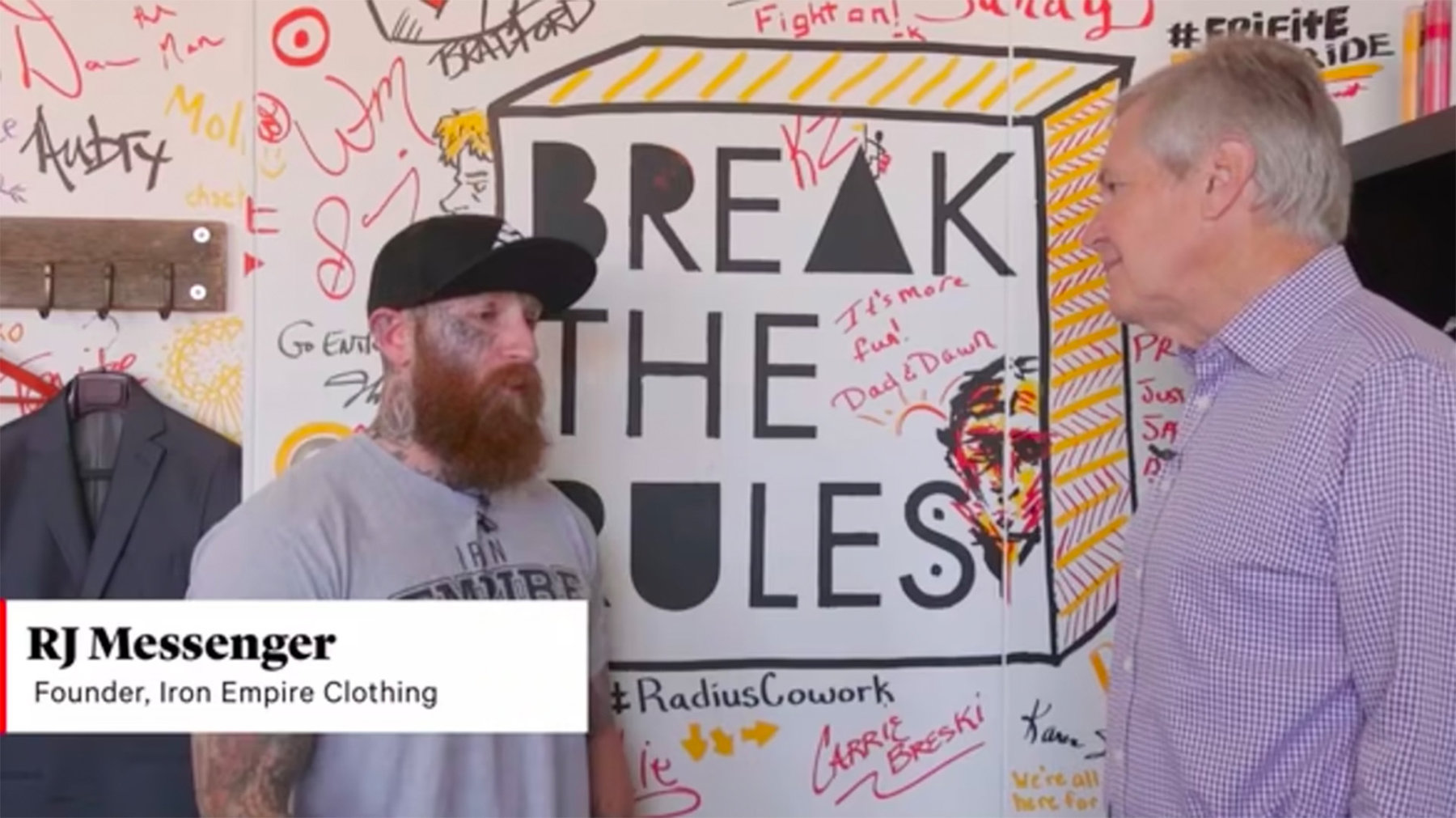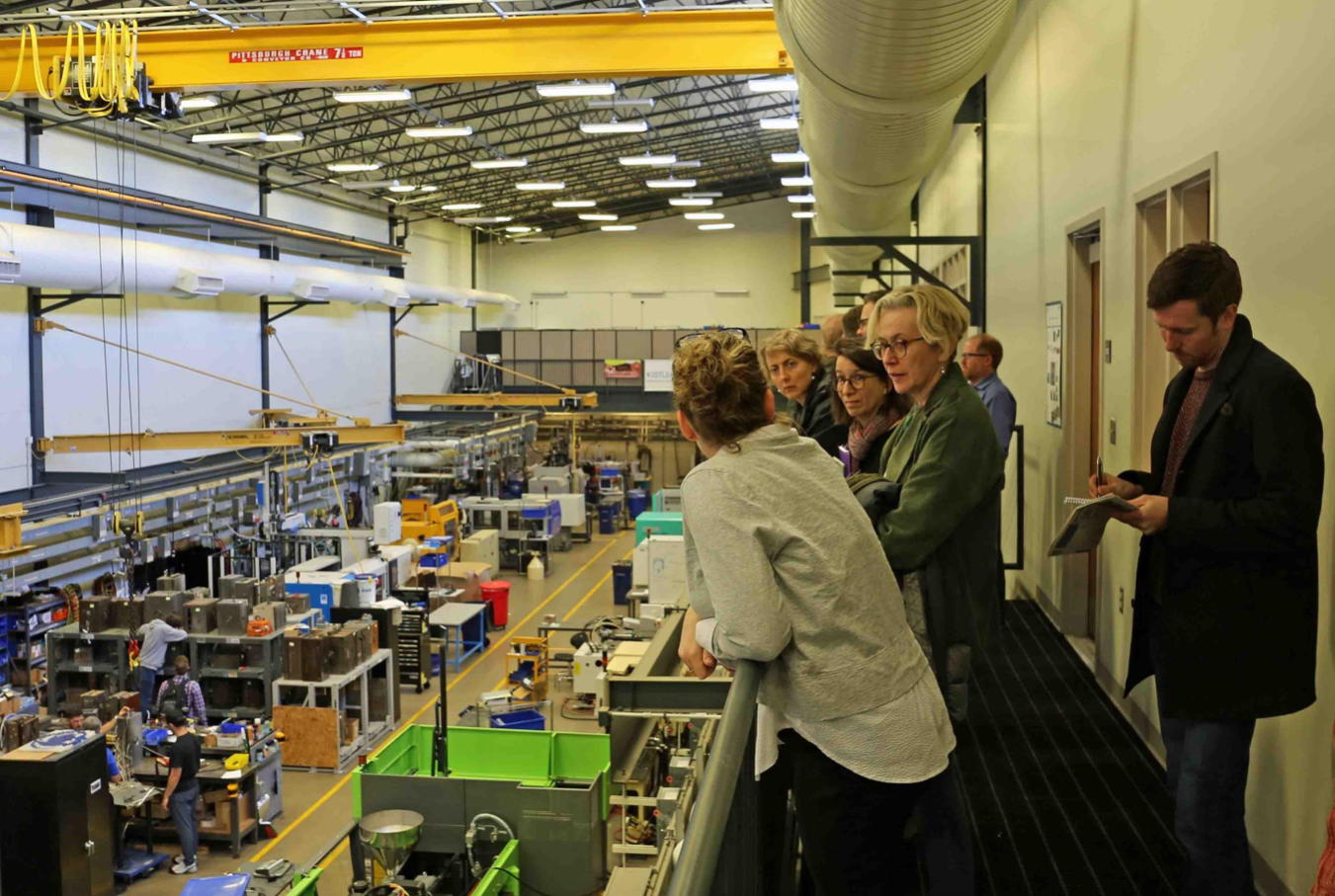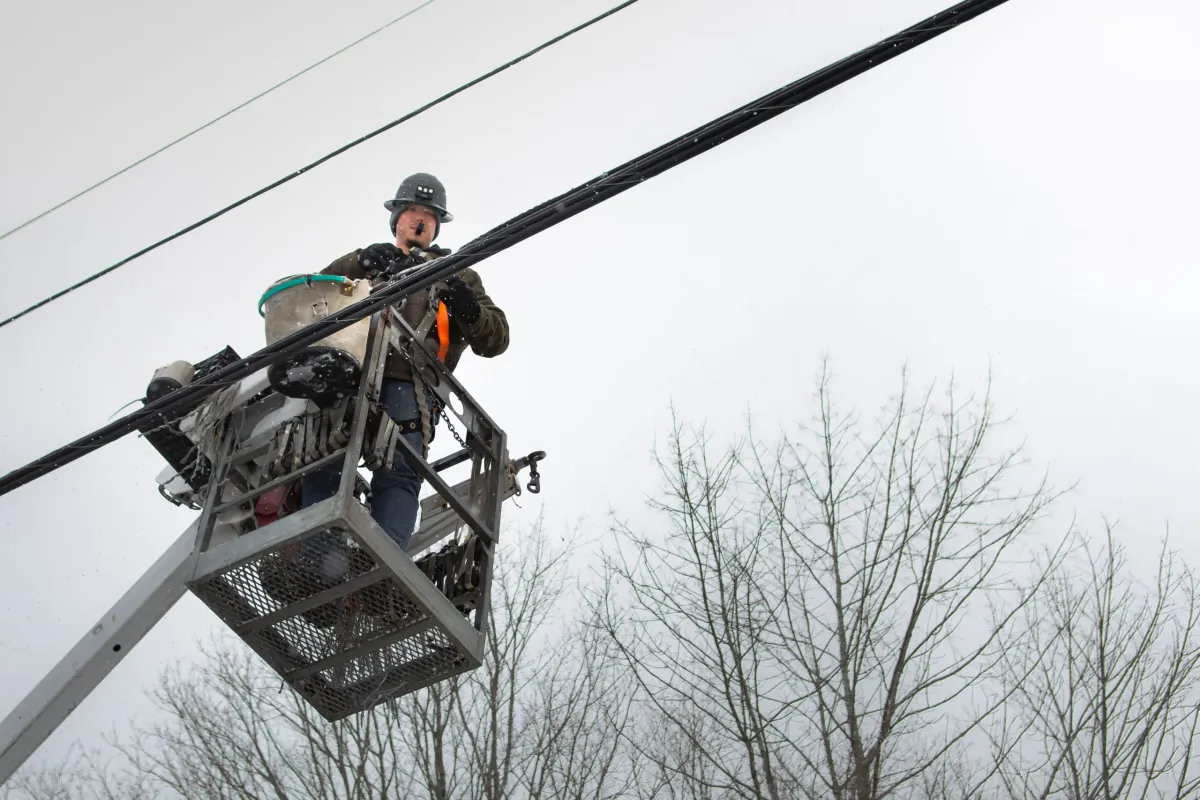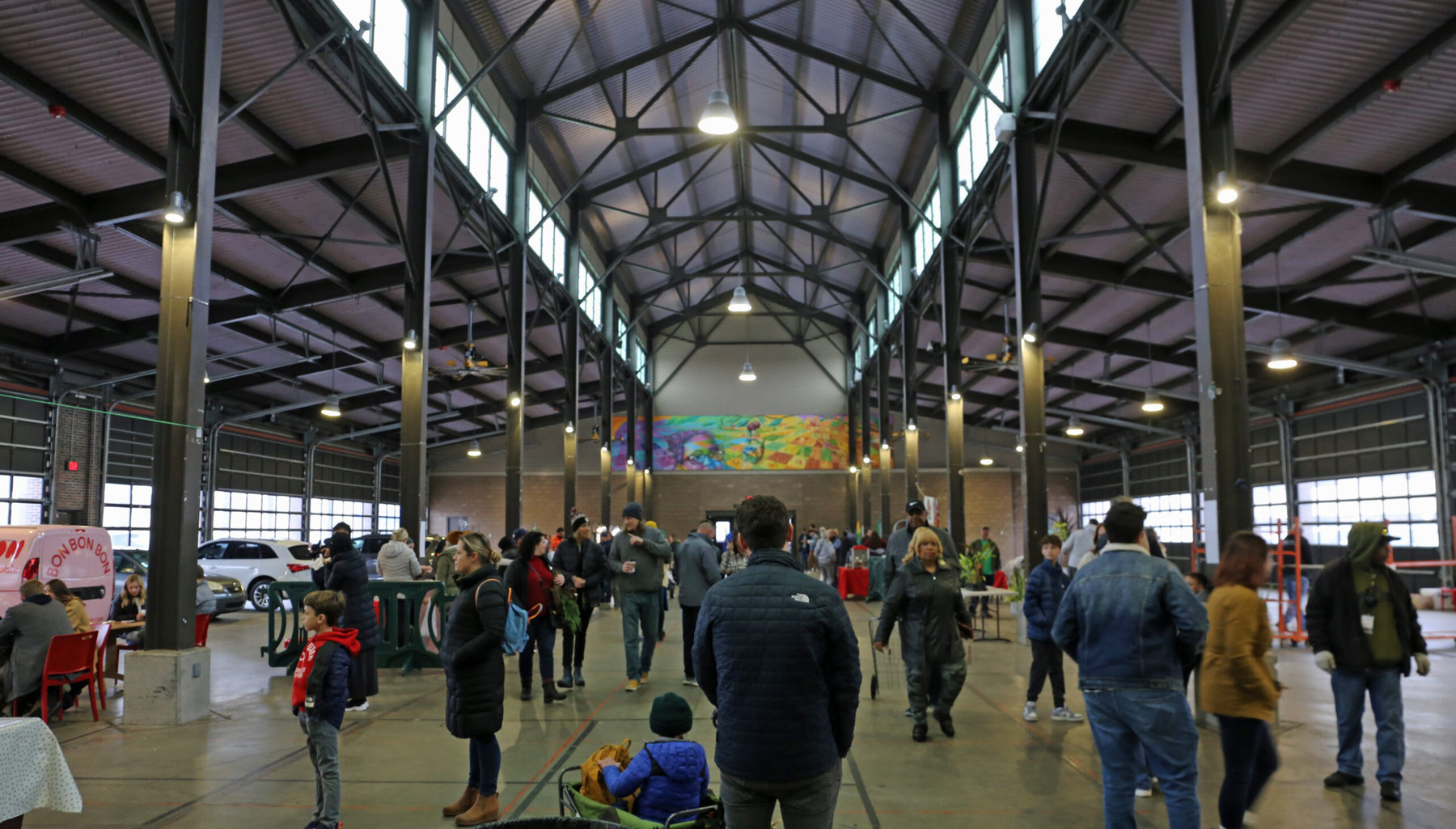I hope you’ll check out the second in the series of short films that The Atlantic’svideo team has done with my wife Deb and me, as we’ve been on the move around the country during the election year. The first in the series is here, and my item describing it is here.
Both these videos, produced by The Atlantic’s Nic Pollock, are meant to match issues that are prominent in the national campaign level with their city-by-city ramifications. This one has scenes from three cities coping with economic and social dislocations: Erie, Pennsylvania; Dodge City, Kansas; and Fresno, California.
You can see for yourself what it shows. But for me one very powerful theme that comes through is the generational contrast we’ve encountered again and again across the country.
It’s starkest in Erie: people in their 50s and 60s, or older, grew up expecting a steady job in a big factory. The last of those giant factories is slowly closing down—sending most of its jobs not to Mexico or China but to (gasp) Texas—and people who used to work there are mournful. People in their 20s and 30s never expected to have those jobs and are reacting differently. As you will see:
To extend a point we’ve made nonstop through these reports since 2013 and in my cover story earlier this year, the dislocations, the polarization, the pain, and the anger of America’s Second Gilded Age are real. But what’s also real is the sense in many (of course not all) parts of the country that a response is possible, that they can be agents of their own destiny, and their community’s, rather than just objects of crushing outside forces.
That is one of the motifs you’ll notice in this video. It touches on several others that we’re primed to start writing about again (as outlined here), if this election campaign ever ends and if I regain any control over my life: the breadth of the innovative efforts in Erie; the scale of the downtown redevelopment schemes in Fresno and the impact of tech centers like Bitwise (whose co-founder you’ll see in the film); the dramatic step Dodge City took years ago with its “Why Not Dodge” campaign, which is now having such effects.
For now, another look at the previous video in this series, about the difference between the national-level “build a wall!” fury with which immigration is discussed and the calmer tone in the places where significant numbers of immigrants and refugees are actually being absorbed.
National politics this cycle makes me feel worse. Exposure to the country outside politics should make anyone feel better. There is a lot going on.




